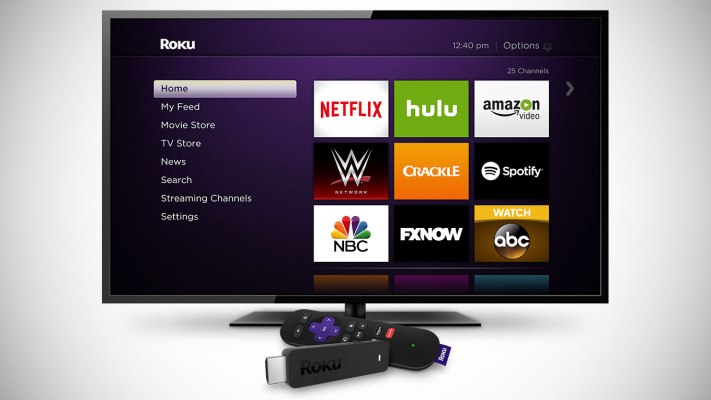Last year, Roku lost a legal battle in Mexico over piracy which resulted in a ban on sales of its devices in the country. Now, that ban has been lifted, the company says, following a favorable ruling from the 11th Collegiate Court in Mexico City. This will allow Roku to resume sales of its devices in Mexico in the coming weeks.
The issue first arose when Cablevision, the cable TV operator owned by Mexican media giant Televisa, took Roku to court alleging that Roku devices were being hacked to allow users to watch pirated channels.
The problem was that Roku’s platform – unlike, say, the more locked-down Apple TV – supports something called “private channels.” This feature was originally intended as a way for developers to test their channels before making them publicly available on Roku’s Channel Store. But many began to use private channels to stream illegal content, like cable TV programming, for example.
Roku was effectively benefiting from these channels and their popularity, while also able to turn a blind eye to the piracy problem. The channels, after all, were private – and what they did was seemingly not Roku’s concern or its business. Until, of course, it was.
The same issue also plagues Amazon Fire TV and Fire TV Stick devices today. Entire businesses have sprung up around selling “hacked” Fire Sticks, as consumers like to call them. These are devices that have been preloaded with software that allows users to stream illegal content, including TV shows and movies – […]
Read the full story: Roku to resume sales in Mexico, following court ruling
Last year, Roku lost a legal battle in Mexico over piracy which resulted in a ban on sales of its devices in . . .












